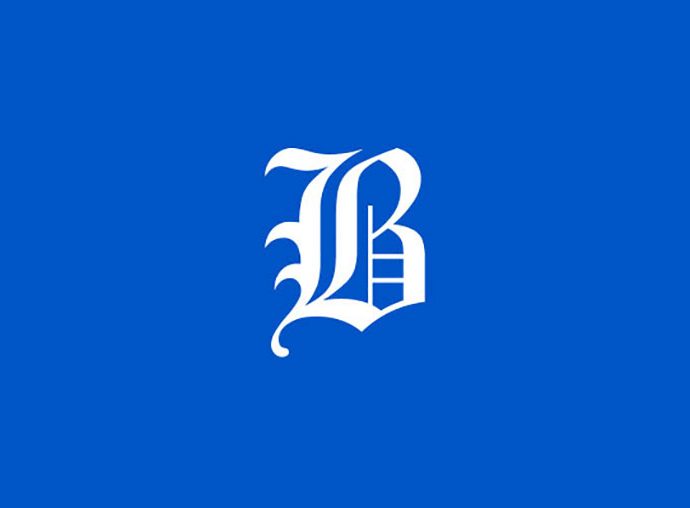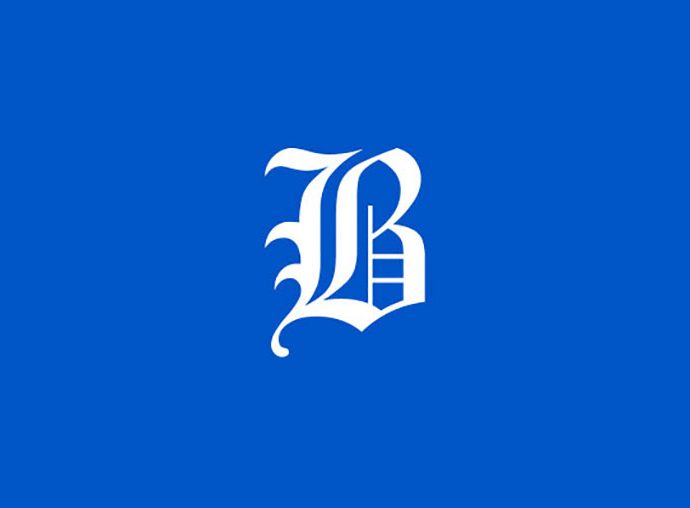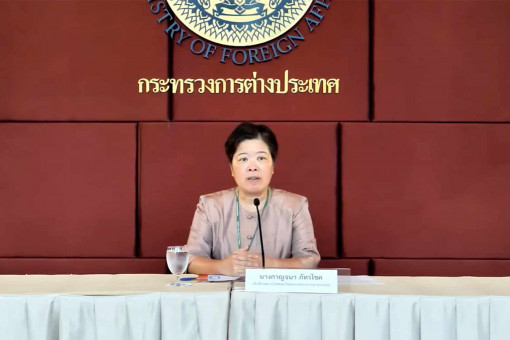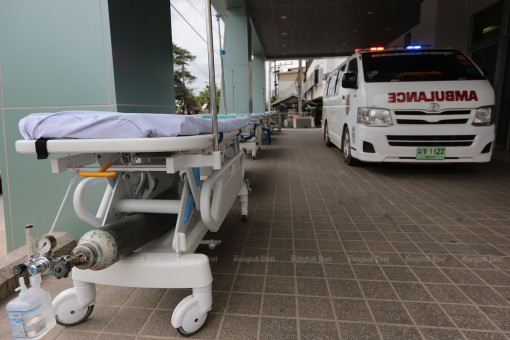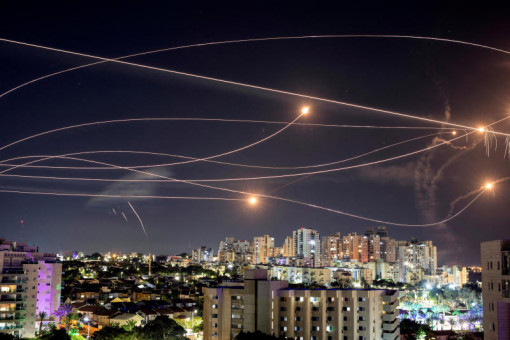Digital wallet loan bill yet to reach Council of State

PUBLISHED : 18 Nov 2023 at 04:00
Deputy Prime Minister Phumtham Wechayachai yesterday said a bill seeking to borrow 500 billion baht to fund the digital wallet scheme has not yet been submitted to the Council of State.
He said several issues were raised at the digital wallet policy committee meeting, and the fact that the Council of State offered to examine the details did not mean it would reject the bill.
Mr Phumtham also said the government was gathering as much input as possible, noting that it could issue an executive decree on the planned borrowing but having the loan bill examined by parliament was the best alternative.
Asked how long the Council of State would take to study the loan bill, he said he believed the council would complete its deliberation as soon as possible because the policy was essential to stimulate the economy.
Asked if the scheme would be adjusted, he said it would depend on the council’s recommendations, and if the council ruled that the loan bill was okay to proceed, there would be no more adjustments.
On Nov 10, Prime Minister Srettha Thavisin announced the government would propose a bill seeking a special loan of 500 billion baht to fund the Pheu Thai Party’s flagship policy. The bill would be sent to the Council of State this year to ensure it does not contravene any laws before its submission to parliament early next year.
The criteria for people eligible to receive the digital money have been revised with it to be offered to Thais aged 16 and older who earn less than 70,000 baht per month and have under 500,000 baht in bank deposits. Based on these criteria, an estimated 50 million people will be eligible — down from the 56 million intended originally.
Mr Phumtham said the digital wallet committee would hold meetings if the council raised major concerns. Asked if the scheme would be scrapped if it encountered major problems, he said the decision would be made based on legal facts.
The Move Forward Party (MFP) continued criticising the digital wallet scheme yesterday, saying the debate on the legality of the loan bill indicated that the government did not carefully think about the source of funds from the beginning.
“Had it been carefully thought out, we wouldn’t have had to guess if it would be approved by the Council of State or if it would be submitted to the Constitutional Court for a ruling,” the MFP wrote on Facebook.



